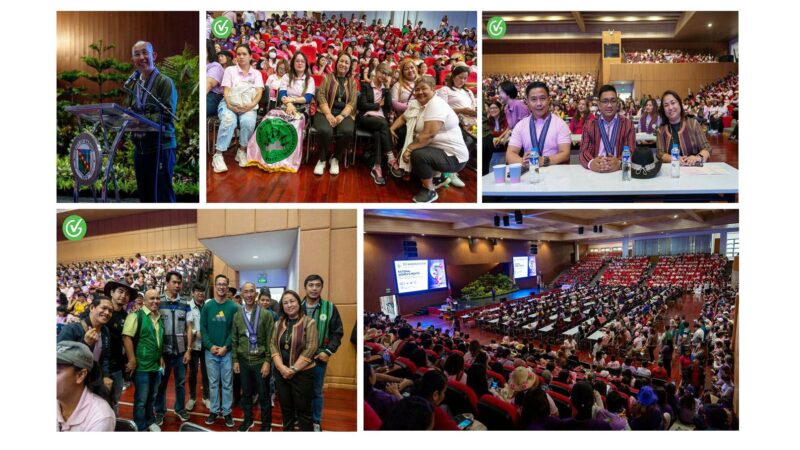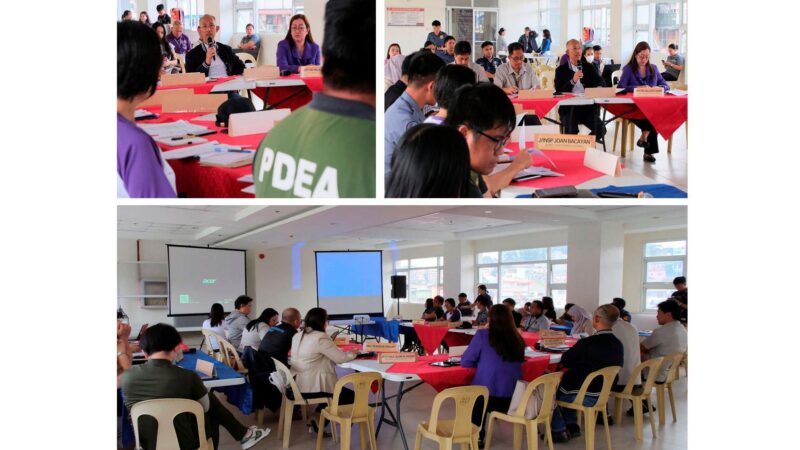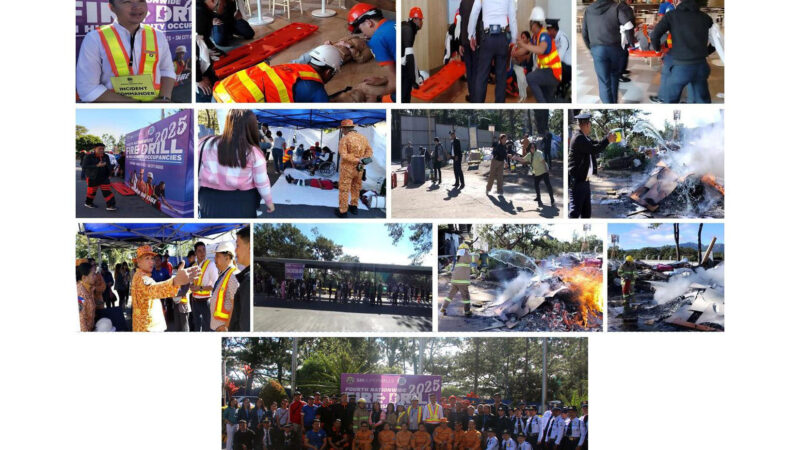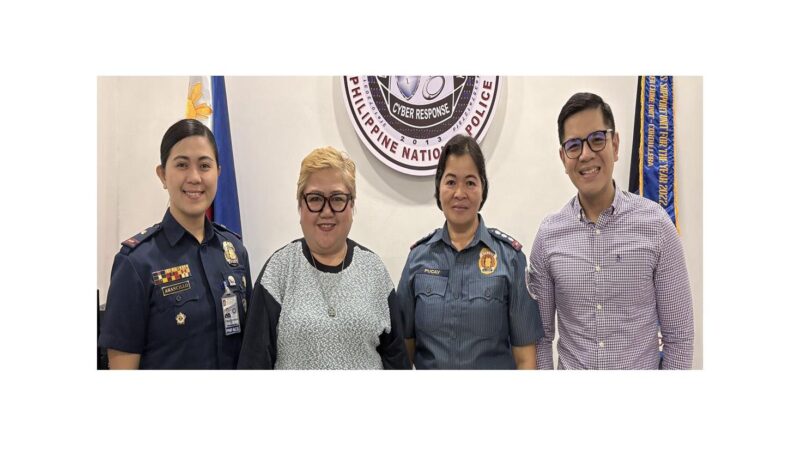RACCO promotes simpler, inexpensive domestic adoption

The Regional Alternative Child Care Office–Cordillera Administrative Region (RACCO-CAR) is aggressively promoting the simpler and inexpensive domestic administrative adoption proceedings pursuant to the provisions of Republic Act (RA) 11642 or the Domestic Administrative Adoption and Alternative Child Care Act.
RACCO-CAR officer-in-charge Felisa Singlan said that there are some 60 petitions that were already received by the newly created agency as of June this year where six were filed in 2022, 28 were received in 2023 and 26 were filed for the first half of the year.
She added that of the filed petitions for adoption, 34 are relative adoption, 11 are independent placements, 7 are regular adoption, and 4 each for stepparent adoption and adult adoption.
The RACCO-CAR official claimed that there were already 39 petitions that were endorsed to the National Alternative Child Care (NACC) where there were 22 that were issued orders of adoption.
Further, she added that there were 16 petitions that were issued certificates of finality and that there were 24 anticipated petitions as of June 27, 2024.
Among the salient provisions of the new law include the transfer of adoption proceedings from judicial to administrative and reorganize the Inter-Country Adoption Board (ICAB) to NACC to implement the adoption and alternative child care programs and adoption telling is expressly stipulated in the law, on the premise that the earlier adoption telling is done, the better its impact to the child, thus, it is mandatory for adoptees before they turn 13 years old.
Singlan emphasized that in all matters relating to care, custody and adoption of a child, his or her interest shall be the paramount consideration.
According to her, the RACCO in each of the country’s regions ensure a well-functioning system of receipt of local petitions for the issuance of the requisite certification and adoption and other requirements regarding alternative placement and wellbeing of children.
Under the law, the NACC shall maintain a database on adoption to have a general statistic of domestic adoption in the country.
Moreover, it is mandatory for social workers to conduct adoption-themed activities for adopted children and that the social media shall be included in locating the birth parents of the adopted child.
The law also mandates the establishment of the Regional Child Placement Committee (RCPC) which shall be composed of a lawyer, a psychologist, a social worker, among others, who will conduct an interview on the parents who are interested to adopt a child to ascertain their capacity to adopt a child.
It is also designated every second week of June as Adoption and Alternative Child Care Week.
Singlan explained that foreign nationals who are permanent or habitual residents of the country for at least five years may adopt. On the other hand, those who are allowed to adopt are Filipino citizens at least 25 years of age who are in possession of full civil capacity and legal rights; and 16 years older than the adoptee. Dexter A. See







